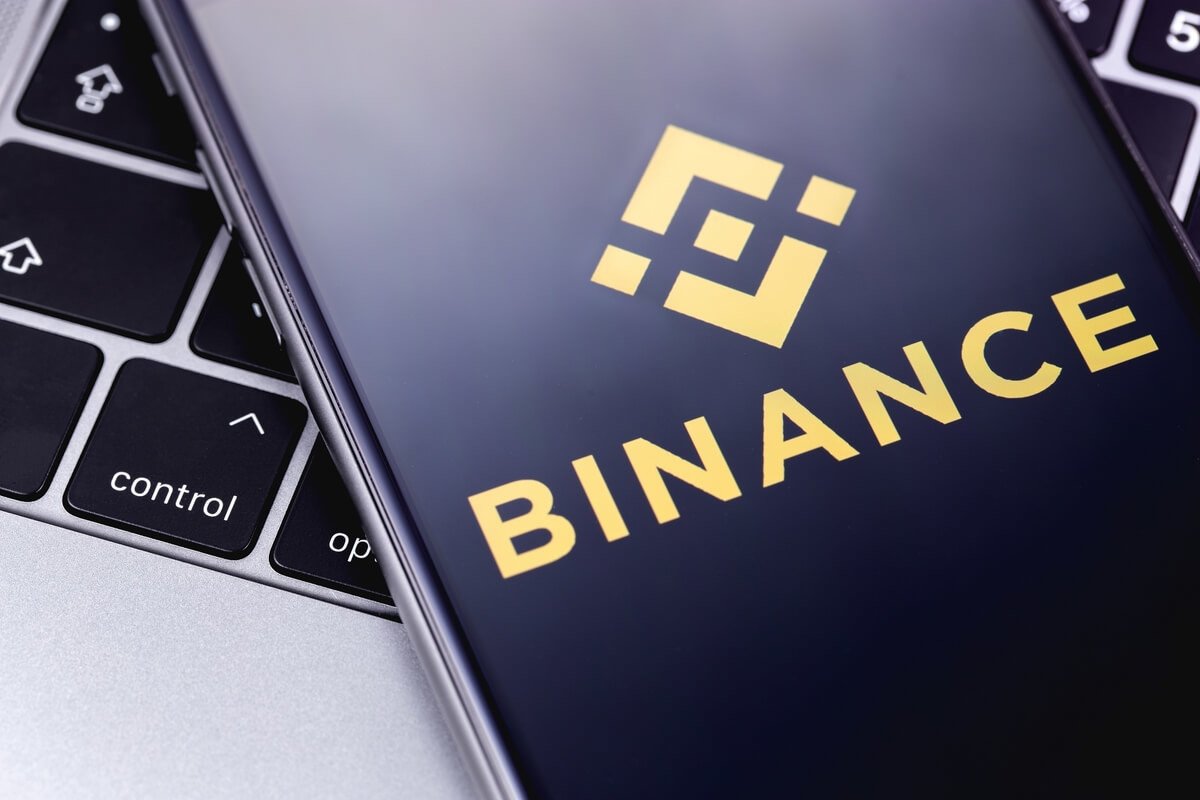Indian Government Rejects Binance’s Plea to Resume Operations, Demands PMLA Compliance

Cryptocurrency exchange Binance is engaged in discussions with the Indian government to regain access to its mobile app and website in the country following its delisting from Apple’s India app store. While Binance is prepared to pay taxes and penalties, it is currently unwilling to comply with the Prevention of Money Laundering Act (PMLA) guidelines, according to reports.
The government has rejected Binance’s request for a temporary resumption, insisting on complete compliance with Indian legislation, including PMLA. The government is also collaborating with banks to take action against traders using virtual private networks (VPNs) to access Binance’s website, aiming to curb illegal crypto trades.
Indian Government Steps Up Measures Against VPN Usage To Access Blocked URLs
On December 28, India’s Financial Intelligence Unit (FIU), under the Finance Ministry, issued compliance Show Cause Notices under the Prevention of Money Laundering Act (PMLA) to several cryptocurrency exchanges. The government initiated the process to block the URLs of these entities operating without compliance.
While the URL blocking process is ongoing, these URLs are currently functional in India, as the extensive paperwork required for the action is yet to be completed, according to a source familiar with the matter.
Approximately 4,000 traders, considered top-tier investors, allegedly use VPNs to trade on Binance instead of moving their assets to compliant Indian exchanges. Nearly $4 billion of Indian traders’ cryptocurrency is estimated to be stored in offshore wallets, primarily on Binance.
Binance is reportedly ready to pay taxes and penalties incurred until January 12, when its operations were initially barred in India. However, the company has requested time to set up processes to comply with PMLA and Financial Intelligence Unit (FIU) rules, seeking permission to operate in the interim.
The government has emphasized the paramount importance of PMLA compliance, stating that discussions on resuming Binance’s services in India will only occur after the government is satisfied with their responses to notices from the FIU. In response, a Binance spokesperson reiterated the company’s commitment to adhering to local regulations and laws, emphasizing ongoing communication with regulators to ensure user protection and the development of a healthy Web3 industry.
To prevent unauthorized operations by foreign cryptocurrency exchanges in India, the government is collaborating with banks and financial institutions to take action against traders using virtual private networks (VPNs) to access platforms like Binance and circumvent the ban.
Legal Challenges and Potential Workarounds for Binance in India
Earlier this month, the government blocked the websites and mobile apps of nine offshore cryptocurrency platforms, such as Binance, Kucoin, Huobi, OKX, Gate.io, Bittrex, Bitstamp, MEXC Global, and Bitfinex, as they failed to respond to show-cause notices sent by the FIU.
The FIU, an intelligence division of the finance ministry, imposes disclosure requirements on cryptocurrency exchanges, including reporting trades exceeding Rs 10 lakh, conducting thorough know-your-customer (KYC) procedures, and detecting suspicious trade patterns. Binance, among others, is reportedly reluctant to open its trades for scrutiny, potentially diverting significant investments away from the platform.
Industry sources suggest potential workarounds involving establishing an Indian entity with Binance that signs a Memorandum of Understanding with Binance International. While this entity functions like any other corporation and complies with documentation requirements, the trades occur on the offshore platform, potentially escaping the FIU disclosure obligations. However, given the government’s aggressive scrutiny, such arrangements may face rejection.
Legal experts assert that Binance cannot expect exemptions from India’s FIU requirements, especially after recent pressure to comply with FIUs in the UK, Thailand, Singapore, and other countries. Statutory provisions for the Prevention of Money Laundering Act (PMLA) and the Foreign Exchange Management Act (FEMA) cover agents or related companies, regardless of geographic location.
Additionally, offshore platforms may face concerns about retrospective taxes of nearly Rs 3000 crore that the income tax department may impose on trades conducted over their platforms in the past one-and-a-half years. The government has introduced a 1% TDS on virtual digital asset transfers since July 1, 2022, and a 30% capital gains tax on profits earned since April 1, 2022.




